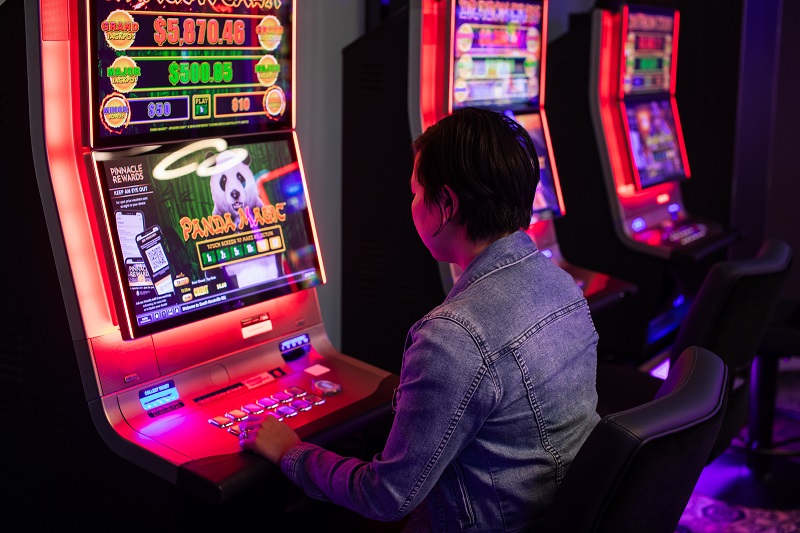Following early feedback from the NSW cashless gaming trial, the NSW government’s Independent Panel on Gaming Reform has revised its communication approach to the trial.
The revised communication materials include terminology to help patrons better understand the trial purpose and its benefits, by referring to “digital gaming wallet” rather than “cashless gaming”.
The panel believes the update more accurately reflects the hybrid gaming model that is available to patrons as part of the trial. With the addition of cashless gaming technology being installed, patrons have the option to pay using their digital wallets or to use existing currant cash-based payment methods. The previous mention of cashless gaming caused confusion, leading patrons to believe that cash payments were no longer being accepted.
The move comes after Hospitality and Racing deputy secretary Tarek Barakat revealed during Budget Estimates that there are only 32 active users participating in the trial, even though 207 people had signed up.
So far, the cost of running the research and evaluated the trial was $634,000, Barakat said.
Gaming minister David Harris also revealed during Budget Estimates that there only 14 venues participating in the expanded cashless gaming trial, despite the initial announcement indicating there would be 27 clubs and hotels approved by the Independent Panel on Gaming Reform to take part in the expanded trial.
Liquor and Gaming NSW quietly updated its list of participating venues, revealing there are 10 clubs and four hotels across 12 local government areas participating in the trial. These include Canterbury League Club, Charles Hotel in Fairy Meadow, Crows Nest Hotel, Dooleys Lidcombe Catholic Club, Fingal Bay Sports Club, Harbord Diggers Club, Pittwater RSL, Ramsgate RSL, Shoalhaven Ex-Servicemen’s Club, The Stag and Hunter Hotel in Mayfield, Twin Towns Services Club, Willougby Hotel, Worrigee Sports Club, and Wyong Rugby League Club.
Despite the low participation numbers, Harris said the government is “getting a really good picture of the environment out there, what would work going forward, and what are the pitfalls”.
“We’re finding issues around things such as how technology work. This is really complex,” he said.
“If you can imagine that it’s an app-based system – which is currently what’s being trialled – there’s a myriad of different phones and there’s different software. They all have to be able to talk to the systems. So, they’re working through all of those issues.”
He added the panel is still on track to deliver a gaming reform report in November.

